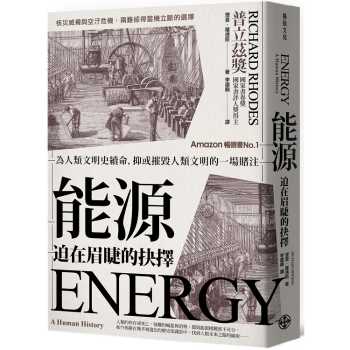The dramatic struggle over the outcome of the 2000 presidential election presented judges with an extraordinary political challenge, as well as a historic political temptation. In The Votes That Counted Howard Gillman offers a comprehensive yet critical assessment of how well courts coped with the competing expectations for impartial justice and favorable partisan results.
Lively and authoritative, the book documents how the participants, the press, the academic community, and the public responded during these tension-filled thirty-six days. Gillman also provides a serious yet accessible overview of the legal strategies and debates-from briefs and oral arguments to final decisions. However, in explaining the behavior of courts, he moves beyond an analysis of law to also take into account the influences of partisanship, judicial ideology, and broader political and historical contexts. Appropriately, Gillman pays special attention to the judges whose behavior generated the most controversy-the battling justices of the Florida and United States Supreme Courts. After carefully reviewing the arguments for and against their decisions, he concludes that the five justices behind the Bush v. Gore decision acted outside what should be considered the acceptable boundaries of judicial power. Gillman ends with an analysis of why they chose such an unprecedented course of action and an assessment of whether their partisan intervention will have any lasting effect on the Supreme Court’s reputation and authority.| FindBook |
有 1 項符合
The Votes That Counted: How the Court Decided the 2000 Presidential Election的圖書 |
 |
The Votes That Counted: How the Court Decided the 2000 Presidential Election 作者:Gillman 出版社:University of Chicago Press 出版日期:2003-07-05 語言:英文 規格:平裝 / 325頁 / 22.9 x 15.2 x 2.3 cm / 普通級 |
| 圖書館借閱 |
| 國家圖書館 | 全國圖書書目資訊網 | 國立公共資訊圖書館 | 電子書服務平台 | MetaCat 跨館整合查詢 |
| 臺北市立圖書館 | 新北市立圖書館 | 基隆市公共圖書館 | 桃園市立圖書館 | 新竹縣公共圖書館 |
| 苗栗縣立圖書館 | 臺中市立圖書館 | 彰化縣公共圖書館 | 南投縣文化局 | 雲林縣公共圖書館 |
| 嘉義縣圖書館 | 臺南市立圖書館 | 高雄市立圖書館 | 屏東縣公共圖書館 | 宜蘭縣公共圖書館 |
| 花蓮縣文化局 | 臺東縣文化處 |
|
|
圖書介紹 - 資料來源:博客來 評分:
圖書名稱:The Votes That Counted: How the Court Decided the 2000 Presidential Election
內容簡介
作者簡介
Howard Gillman is a professor of political science and law at the University of Southern California. He is the author of "The Constitution Besieged," winner of the Pritchett Award for best book in public law, and editor (with Cornell Clayton) of "Supreme Court Decision-Making," also published by the University of Chicago Press.
|











